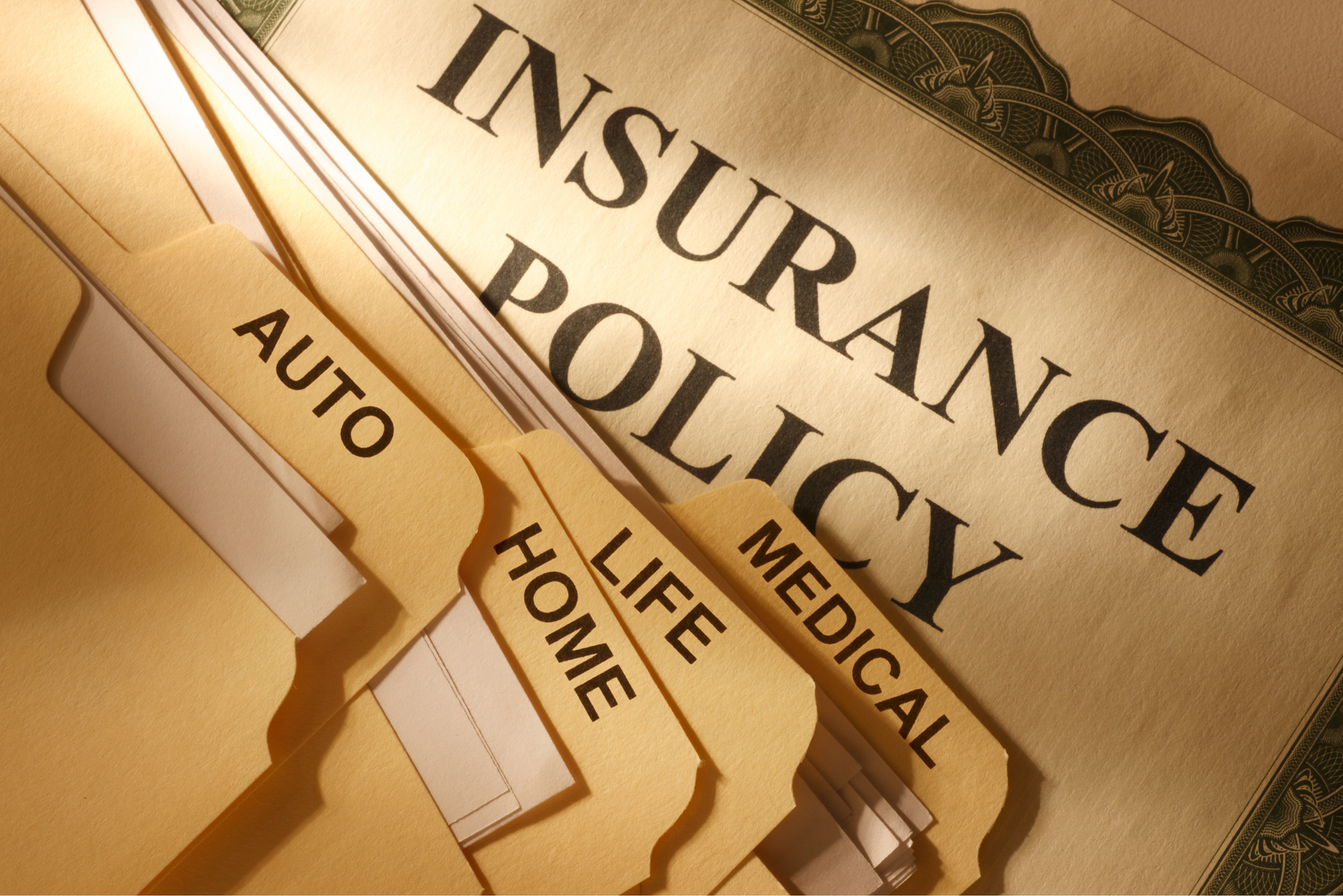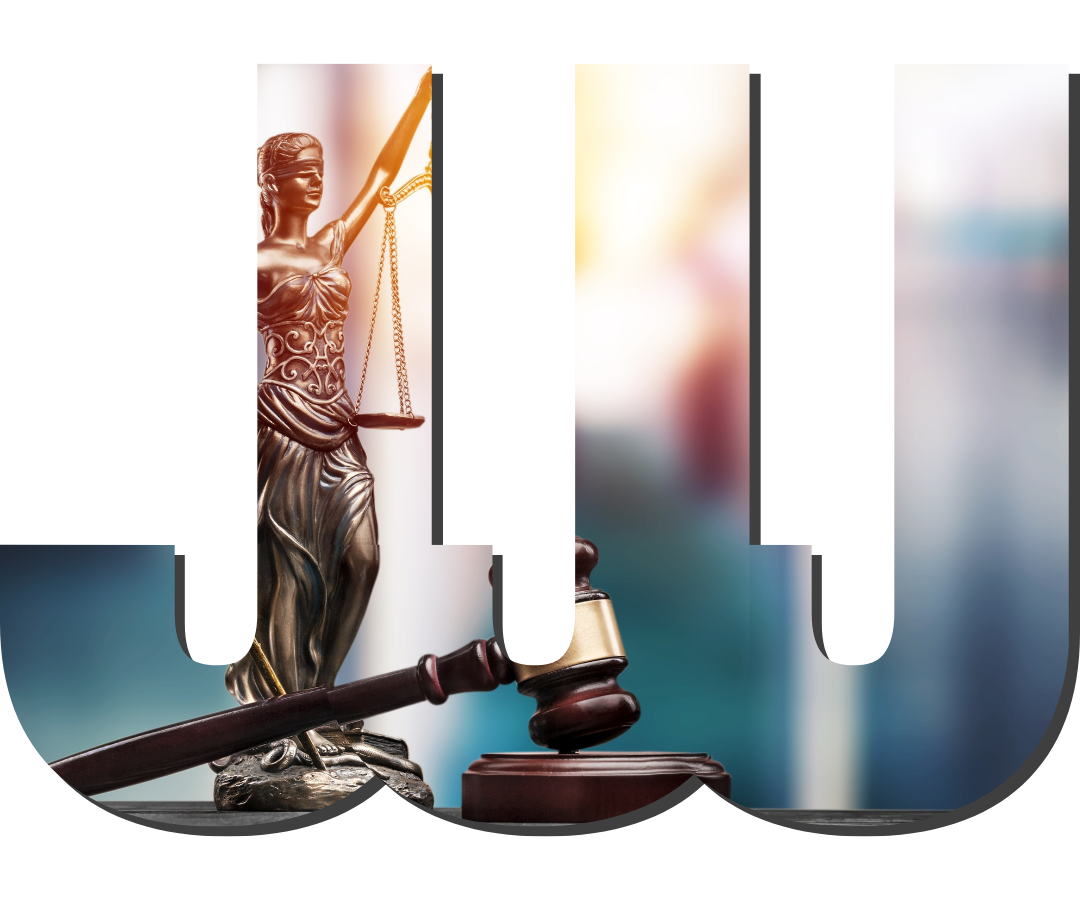Insurance Bad Faith
Navigating Insurance Bad Faith After Storm Damage
Storms can wreak havoc on our homes, leaving a trail of destruction that can take months to repair. For many homeowners, the first step towards recovery involves filing an insurance claim. However, what happens when your insurance company doesn't play fair? Understanding insurance bad faith and knowing when to seek legal help are crucial for homeowners facing storm damage.
What is Insurance Bad Faith?
Insurance bad faith occurs when an insurance company fails to uphold its obligations to policyholders. This can manifest in various ways, including:
- Unreasonable Claim Denials: Refusal to pay out a legitimate claim without a valid reason.
- Delayed Payments: Taking an unreasonably long time to process and pay a claim.
- Inadequate Settlements: Offering significantly less than what the claim is worth.
- Lack of Communication: Failing to provide timely information or responses related to the claim.
When insurance companies act in bad faith, they undermine the trust policyholders place in them and exacerbate the stress and financial burden following a storm.
The Impact of Bad Faith on Homeowners
For homeowners dealing with storm damage, insurance bad faith can have severe consequences:
- Financial Strain: Delayed or denied claims mean homeowners may have to cover repair costs out-of-pocket, leading to financial hardship.
- Prolonged Displacement: Without timely repairs, some families may be forced to stay in temporary housing longer than necessary.
- Increased Stress: The emotional toll of dealing with an uncooperative insurance company adds to the already stressful situation of recovering from a storm.
When to Seek Legal Help
If you suspect your insurance company is acting in bad faith, it might be time to seek legal assistance. Here are some signs that you may need a lawyer:
- Unexplained Delays: If your insurer is dragging out the claim process without a valid reason.
- Lowball Offers: Receiving settlement offers that are far below the cost of repairs.
- Denial Without Explanation: If your claim is denied without a clear, justified reason.
- Lack of Communication: When calls and emails to your insurance company go unanswered or are ignored.
A lawyer specializing in insurance bad faith can help you understand your rights, negotiate with the insurance company, and, if necessary, take your case to court.
How Legal Assistance Can Help
Legal experts can assist homeowners in several ways:
- Claim Review: Assessing the validity of your claim and identifying any instances of bad faith.
- Negotiation: Communicating with the insurance company on your behalf to secure a fair settlement.
- Litigation: Representing you in court if the insurance company continues to act in bad faith.
- Peace of Mind: Providing expert guidance and support, alleviating some of the stress associated with the claims process.
Conclusion
Dealing with storm damage is challenging enough without the added frustration of insurance bad faith. Homeowners must remain vigilant and seek legal help when necessary to ensure they receive the compensation they are entitled to. By understanding your rights and knowing when to take action, you can better protect yourself and your home from further harm.
If you suspect your insurance company is not treating you fairly, don't hesitate to consult with a legal professional. Your peace of mind and financial stability may depend on it.
Challenges in the Insurance Industry
Rise in Bad Faith Claims
There's been a rise in bad faith claims against insurers, indicating that policyholders are more aware of their rights and ready to challenge decisions they see as unfair or violating their policy terms.
Declining Consumer Trust in Insurance
Surveys show that consumer trust in the insurance industry drops due to unfair claim handling and bad faith practices. For example, a survey revealed that over 40% of people have moderate to low trust in insurers, mainly due to claim denials and disputes affecting their views.
Navigating Complex Bad Faith Insurance Claims Across States
Different states have varying legal approaches to bad faith insurance claims, each with specific statutes that define standards and remedies, highlighting the complexity of handling these claims and the importance for insurers to understand and adhere to the legal requirements in their operational areas.
In 2019, there were 1,520 tornadoes in the United States, resulting in 51 tornado-related deaths.
The 2011 Super Outbreak was the most devastating and costliest storm involving tornadoes, with 362 tornadoes killing 321 people and causing approximately $11 billion in damages.
Winter storms in 2019 resulted in 73 deaths and $2.1 billion worth of insured damage.
Hail causes between $8 and $14 billion in insured damages every year, impacting over 10 million properties.
In 2019, there were 1,520 tornadoes in the United States, resulting in 51 tornado-related deaths.
The 2011 Super Outbreak was the most devastating and costliest storm involving tornadoes, with 362 tornadoes killing 321 people and causing approximately $11 billion in damages.
Winter storms in 2019 resulted in 73 deaths and $2.1 billion worth of insured damage.
Hail causes between $8 and $14 billion in insured damages every year, impacting over 10 million properties.
Insurance wronged you? Trust A Firm With Over 10 Years Of Experience In Fighting For Others
Understanding Bad Faith Insurance Claims
Bad faith insurance claims arise when an insurance company fails to uphold its duty of good faith and fair dealing towards its policyholders. This can manifest in several ways, including unreasonably delaying the processing of claims, denying valid claims without proper investigation, or underpaying what is rightfully owed to you. Such actions not only betray the trust you place in your insurer but also add unnecessary stress and financial strain during already challenging times.
At Jason J. Joy & Associates, our specialization includes but is not limited to handling:
- Property Damage and Homeowners Insurance Claims
- Business Interruption Claims
- Life and Health Insurance Claims
- Fire, Wind, Water, Flood, Hail, and Hurricane Damage Claims
- Car Accident Damage Claims
Common Questions
Here are some common questions about our Insurance Bad Faith services.
What Constitutes Bad Faith in an Insurance Claim?
Bad faith in the context of insurance claims refers to an insurer's unreasonable or unfair handling of a claim. This can include unjustified denial of coverage, failure to communicate pertinent information to the claimant, delaying claim processing without reason, or not paying a claim without a valid basis.
The specific legal definition of bad faith can vary by jurisdiction, but it generally involves a breach of the insurer's duty to act in good faith and fair dealing with its policyholders.
What Are the Potential Damages in a Bad Faith Insurance Claim?
Damages in a bad faith insurance claim can go beyond the amount originally claimed and may include compensatory damages for losses suffered due to the insurer's bad faith actions (such as additional living expenses, legal fees, and emotional distress).
In some cases, punitive damages may also be awarded to punish the insurer for particularly egregious conduct and deter similar conduct in the future. The availability and extent of damages depend on state laws and the specifics of the case.
What is bad faith and how does it affect my claim?
If you have experienced delays, inadequate payments, or outright denials of your insurance claim without valid justification, inspection, or prior notice, you may have legitimate grounds to pursue a bad faith claim against your insurance provider.
In accordance with state laws, you may be entitled to seek damages up to three times the amount of losses incurred. To explore your options and safeguard your rights, we invite you to schedule a complimentary consultation with our office.
What Criteria Validate Pursuing an Insurance Bad Faith Claim?
To pursue legal action for an insurance bad faith claim, specific criteria must generally be satisfied. Initially, there should be evidence indicating that the insurance company neglected its obligations under the policy unreasonably, lacking a valid rationale for its behavior, like unjustly denying coverage or causing unnecessary delays in claim processing.
Additionally, the insurer must demonstrate intentional unfairness or blatant disregard for fairness, not just errors. The claimant must show harm or losses due to bad faith conduct, meeting the requirements to pursue legal action against the insurer for bad faith practices.
Common
Questions
Common
Questions
We will get back to you as soon as possible.
Please try again later.
Get Started With a Free Consultation
Contact Us
OR
Get Started With a Free Consultation
Contact Us
We will get back to you as soon as possible.
Please try again later.
OR CALL


